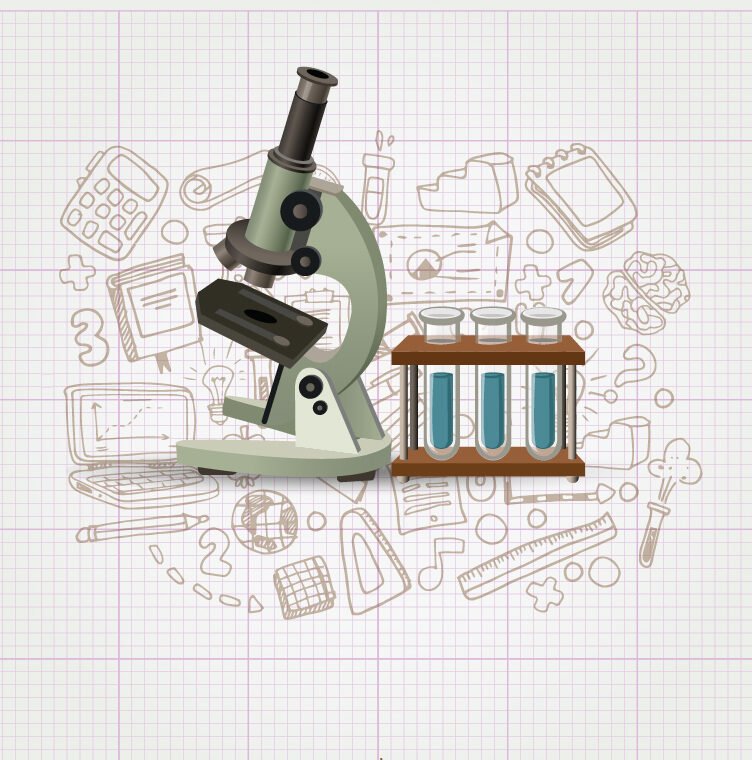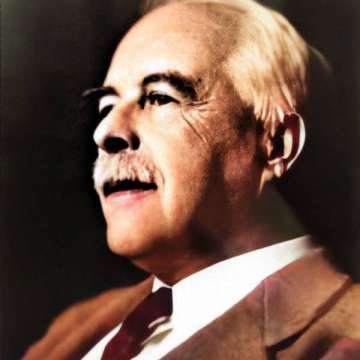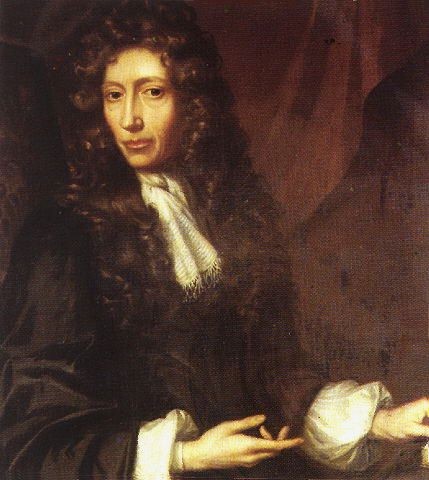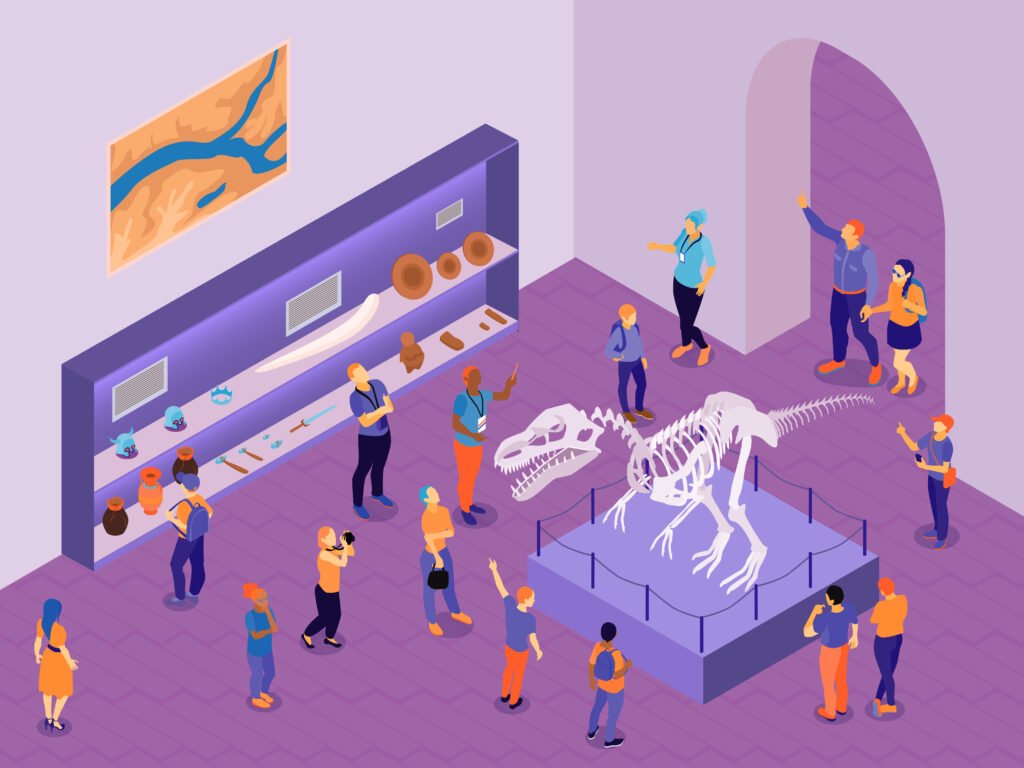The online gas simulations on this page will help you to better understand how gases behave and which are the main laws that help us to understand that behavior. We will discover what ideal gases or perfect gases are, what laws govern them, and what the gas equation is.
What are gases
A gas is a state of matter characterized by having no defined shape or volume, adapting completely to the container that holds it. Its particles are widely separated from each other and move freely and quickly, allowing them to expand and compress easily. These properties make the study of gases fundamental to understanding physical and chemical phenomena in fields as diverse as industry, meteorology, and everyday life.
Ideal gases or perfect gases
An ideal gas, also called a perfect gas, is a theoretical model that describes the behavior of a gas assuming that its particles are point-like, do not interact with each other except in elastic collisions, and move randomly. Although no real gas exactly meets these conditions, many gases come quite close to this model under conditions of low pressure and high temperature. The concept of a perfect gas simplifies the study of its properties and allows laws to be formulated that accurately predict its behavior in a large number of situations.
Gas laws
Gas laws describe the mathematical relationships between variables such as pressure, volume, and temperature of a gas. Based on experimental observations made by scientists such as Boyle, Charles, and Gay-Lussac, principles were established that allow us to predict the behavior of gases under different conditions. These laws are essential for understanding everything from how a hot air balloon works to complex industrial processes, and they form the basis of the general equation of ideal gases.
Boyle-Mariotte’s law
The Boyle-Mariotte’s law states that, at constant temperature, the volume of a gas is inversely proportional to its pressure. That is, if the pressure increases, the volume decreases, and vice versa.
Charles’s law
Charles’ law states that, at constant pressure, the volume of a gas is directly proportional to its absolute temperature. This means that if the temperature of a gas is increased, its volume will also increase.
Gay-Lussac’s law
Gay-Lussac’s law states that, at constant volume, the pressure of a gas is directly proportional to its absolute temperature. That is, if the temperature of a gas is increased, its pressure will also increase.
General equation of ideal gases
The general equation of ideal gases is a formula that unifies the classical laws of gases into a single mathematical expression. This equation relates the pressure, volume, temperature, and amount of substance of a gas using the formula
P = nRT
where
P is pressure,
V is volume,
n is the number of moles,
R is the universal gas constant, and
T is absolute temperature
This relationship allows us to predict the behavior of ideal gases under different conditions and is fundamental to numerous calculations in chemistry and physics.
Other gas laws
In addition to these laws, there are others that explain the behavior of gases, such as Dalton’s law, Avogadro’s law, and Graham’s law.
Dalton’s law (law of partial pressures)
Dalton’s law states that in a mixture of non-reacting gases, the total pressure is equal to the sum of the partial pressures of each gas. Each gas exerts pressure as if it were alone in the container, which allows individual pressures in mixtures to be calculated.
Avogadro’s law
Avogadro’s law states that equal volumes of gases, under the same conditions of temperature and pressure, contain the same number of particles or molecules. This underpins the concept of the mole and allows the quantity of a substance to be related to its volume.
Graham’s Law
Graham’s law describes that the diffusion or effusion velocity of a gas is inversely proportional to the square root of its molar mass. This explains why lighter gases disperse faster than heavier gases.
Importance of ideal gases
The study of gases and their laws is fundamental in different areas of science and technology, such as chemistry, physics, engineering, and medicine. Not only does it help us understand the behavior of gases under ideal conditions, but it also serves as a starting point for analyzing real gases and their deviations from the theoretical model. These principles are fundamental in chemistry, physics, and engineering, and form the basis for applications ranging from the design of engines and refrigeration systems to weather forecasting and space exploration.
Explore the exciting STEM world with our free, online, simulations and accompanying companion courses! With them you'll be able to experience and learn hands-on. Take this opportunity to immerse yourself in virtual experiences while advancing your education - awaken your scientific curiosity and discover all that the STEM world has to offer!
Gas simulations
- Kinetic
- Laws
- Boyle
- Charles
Kinetic theory of gases
The kinetic theory of gases is a model that describes the behavior of gases at the microscopic level. It explains their macroscopic properties, such as pressure, temperature and volume, from the motion and collisions of their molecules. Observe what happens in this simulation by increasing the agitation of the molecules and increasing their collisions.
Introduction and gas laws
Pump gas molecules into a box and discover what happens as you change the volume, add or remove heat, etc.
Boyle-Mariotte’s Law
This simulation shows the application of Boyle-Mariotte’s law. Change the pressure applied to the gas and observe how its volume changes.
- Boyle
- Gay-Lussac
- Charles
Boyle-Mariotte’s Law
Explicación de la Ley de Boyle-Mariotte por teoría cinética. ¿Qué le sucede a la presión cuando se aumenta el volumen?
Gay-Lussac’s Law
Explanation of Gay-Lussac’s Law by kinetic theory. Explains why light molecules move faster than heavy molecules.
Giants of science
“If I have seen further, it is by standing on the shoulders of giants”
Isaac Newton

Amedeo Avogadro
–

Joseph Louis Gay-Lussac
–
Become a giant


Thermodynamics and Phase Equilibria



Thermodynamics



Entropy and Equilibria



Energy and Thermodynamics


Pre-University Chemistry



Big Bang and the Origin of Chemical Elements



Preparing for CLEP Chemistry: Part 1



























